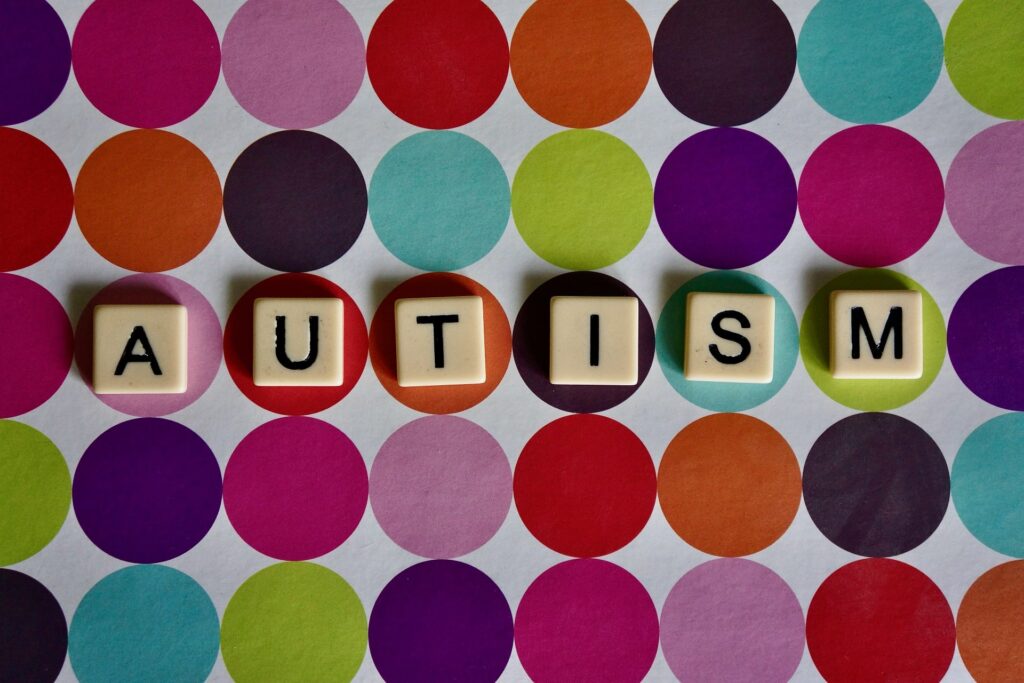
When most people think of autism, they think of children. But autism is a lifelong condition that affects people of all ages. In this blog post, we’re going to talk about what autism is, some of the signs and symptoms to look out for, and what you can do to help support autistic individuals, as suggested by expert Dr Michael Hilton.
What is Autism?
Autism is a neurological disorder that affects the way someone processes information. Autism spectrum disorder (ASD) is the term used to describe a group of conditions that are characterized by challenges with social skills, repetitive behaviors, speech, and nonverbal communication.
Signs and Symptoms of Autism
The signs and symptoms of autism can vary greatly from person to person. Some people with ASD may be nonverbal while others may have above-average verbal skills. Some people with ASD may need very little assistance while others may need a great deal of support.
The most common signs and symptoms of ASD include
- Delayed language development
- Repetitive speech or use of words that are inappropriate in certain situations
- Avoidance of eye contact or failure to respond when someone else is talking to them
- Preoccupation with parts of objects
- Difficulty understanding other people’s feelings or points of view
- Inflexible thinking or unusual behaviors
- Lack of interest in activities that are typically enjoyable
- Unusual reactions to the way things smell, taste, look, feel or sound
How You Can Help Support autistic individuals
If you suspect that someone you know has ASD, the best thing you can do is talk to them about your concerns and offer your support. It is also important to seek professional help so that the individual can get an accurate diagnosis and access appropriate treatment and services.
There are many ways you can support someone with ASD, including:
- Educating yourself about ASD so that you can be understanding and patient
- Encouraging them to pursue their interests and exposing them to new experiences in a supportive environment
- Modeling social skills and providing opportunities for practice
- Promoting independent living skills such as cooking, laundry, budgeting, etc.
- Supporting their efforts to find employment or volunteer opportunities
- Encouraging them to stay connected with friends and family members
- Helping them advocate for themselves if necessary
What You Can Do if You Think You May Be Autistic
If you think you may be autistic, the first step is to seek professional help. A diagnosis can be made by a team of professionals who will evaluate your behavior and development.
Once you have a diagnosis, you can access the resources and support you need. There is no “cure” for autism but there are many effective treatments available that can help alleviate some of the challenges associated with ASD.
Endnote
With the right support in place, people with ASD can lead happy and healthy lives. If you are struggling to cope with your diagnosis, there are also many organizations that provide counseling and support services for autistic adults. Don’t hesitate to reach out for help if you need it. Remember, you are not alone!